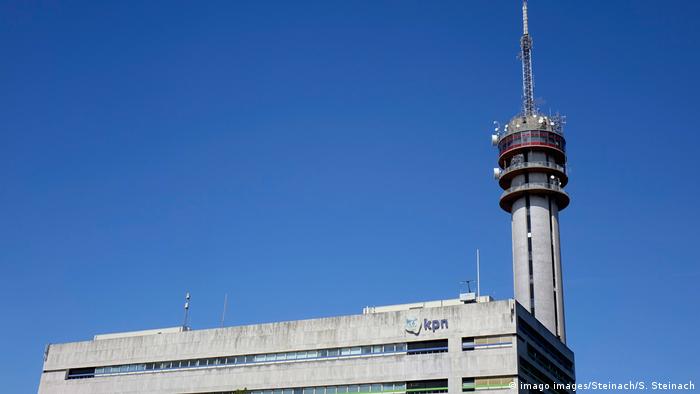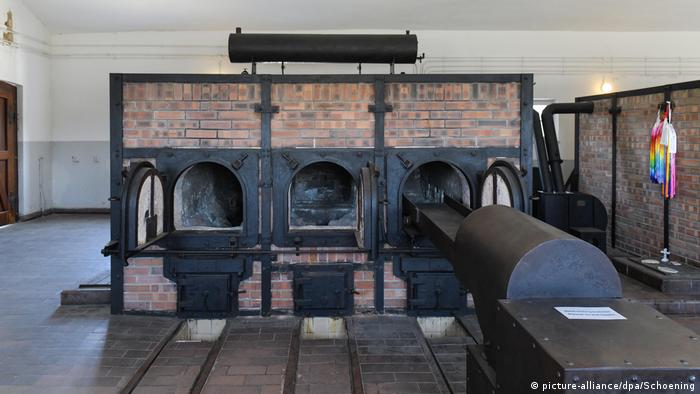Brazil’s Yanomami people victims of illegal gold rush in Amazon rainforest
Issued on: 13/03/2020
_1.webp)
REPORTERS © FRANCE 24
By:Fanny LOTHAIRE|Laura DAMASE
In the northern Brazilian state of Roraima, more and more illegal gold miners are invading indigenous land. This gold rush comes with the blessing of Brazil's President Jair Bolsonaro. Our reporters Fanny Lothaire and Laura Damase investigated the illegal activities and met the Yanomami Indians who are fighting to defend their ancestral land in the Amazon rainforest.
"There are 20,000 invaders on our land today! We are constantly afraid," Marinaldo, a Yanomami Indian chief, explains from his threatened reserve. His land is located in Roraima state in the far north of Brazil, right in the middle of the Amazon rainforest.
The Yanomami – "human beings" in their ancestral language – have feared for their lives since 2011 and the invasion of the "garimpeiros”, illegal gold miners who come to extract the precious metal hidden under a layer of Amazonian flora and fauna. Gold has become a major export of Roraima state, even though not a single legal mine is operating.
>> Focus: "In French Guiana, gold mining accused of role in destroying Amazon rainforest"
In Boa Vista, the capital of Roraima state, jewellery stores and shops selling raw gold are widespread. The federal police have arrested a few retailers to keep up appearances, but gold businesses are well established despite being completely illegal.
In the city’s streets, we also meet dozens of Yanomami: whole families who have resolved to leave their land amid the danger and now endure a miserable existence.
In his fiery speech at the UN General Assembly in September 2019, Bolsonaro insisted that the Amazon was not the heritage of humankind. During his mandate, he fully intends to legalise mining in these remote territories.
_1.webp)
_1.webp)









